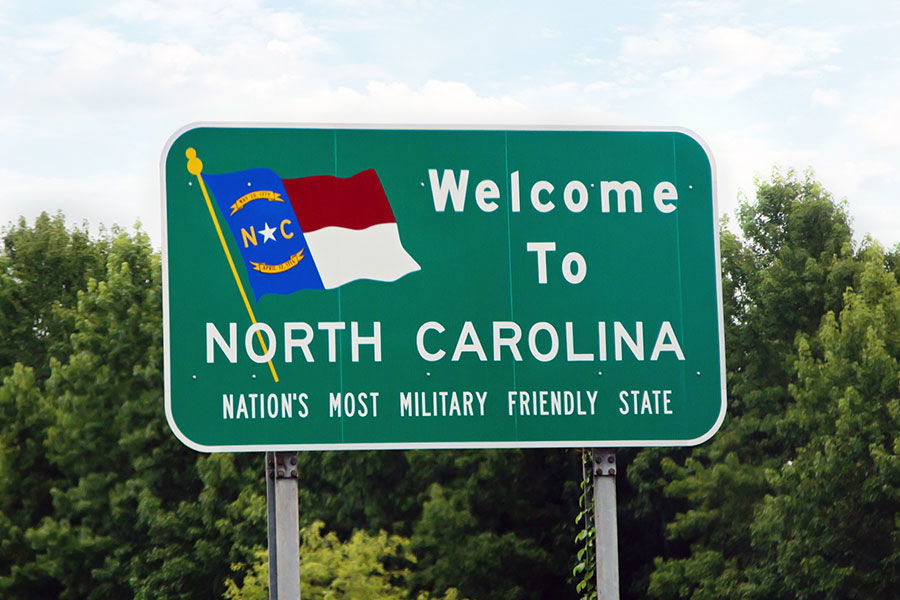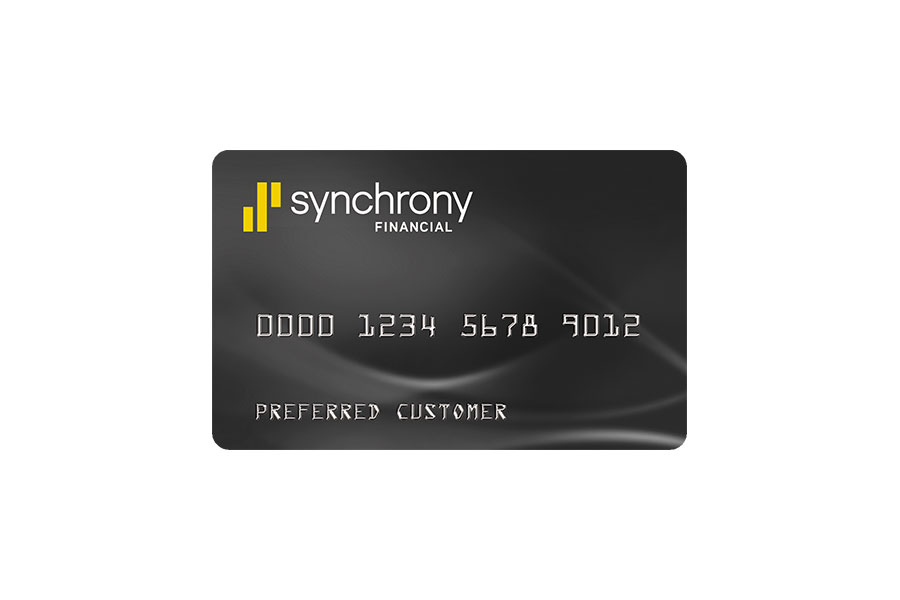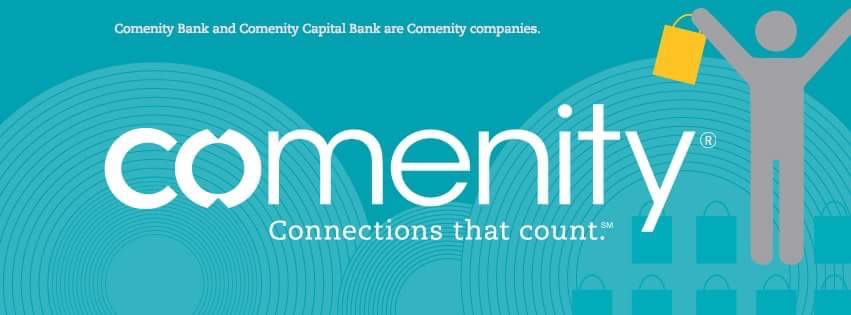North Carolina is one of the fastest-growing states in the country, with new residents drawn to its strong job market, low cost of living, and mix of urban energy and small-town charm. From the Blue Ridge Mountains to the Research Triangle, the state offers both quality of life and economic opportunity.
The same goes for your banking options. Whether you prefer a local credit union, a regional bank with community roots, or a national brand with robust tech features, North Carolina has plenty of choices. The key is finding the one that fits your goals and habits.

13 Best Banks in North Carolina
To help you narrow it down, we’ve reviewed the best banks in North Carolina based on fees, features, accessibility, and account options.
1. SoFi
SoFi is an online bank that offers standout rates on both Checking and Savings accounts—up to 3.30% APY on savings and 0.50% APY on checking balances.
2. TD Bank
TD Bank is a solid option for North Carolina residents, with branch locations in cities like Cary, Charlotte, Durham, Raleigh, and Wilmington.
3. Current
Current is a digital banking platform available to North Carolina residents looking for a fast, no-hassle option.
4. Alliant Credit Union
Alliant Credit Union is an online-only credit union that serves members across North Carolina.
5. PNC Bank
Established in 1845, PNC Bank has expanded its reach to 27 states, including a significant presence in North Carolina. This regional bank offers an array of financial products and services.
6. Coastal Federal Credit Union
Coastal Federal Credit Union serves much of North Carolina, with branches in cities like Cary, Durham, Fayetteville, Raleigh, and Wilmington.
7. Chase Bank
Chase Bank is a major player in North Carolina and across the country, boasting over 4,700 branches and 16,000 ATMs nationwide.
8. First Horizon Bank
First Horizon Bank is a regional bank with a strong presence in North Carolina and 10 other Southeast states.
9. Truist Bank
Truist Bank blends solid features with broad accessibility across North Carolina, with branches in cities like Charlotte, Raleigh, Greensboro, Durham, and Winston-Salem.
10. Mechanics & Farmers Banks
M&F Bank has served North Carolina communities since 1907 and continues to offer accessible banking with several locations across the state.
11. First National Bank
First National Bank has branches throughout North Carolina, as well as in DC, Maryland, Ohio, Pennsylvania, South Carolina, Virginia, and West Virginia.
12. Fifth Third Bank
Fifth Third Bank has a major presence in the Midwest and Southeast, with more than 1,000 full-service branches across 11 states.
13. Bank of America
Bank of America stands as one of the largest national banks in the U.S., offering an extensive network of ATMs and branches from coast to coast.
How to Choose the Best Bank in North Carolina
Finding the right bank in North Carolina depends on your habits and financial goals. Here’s what to consider:
- Location and convenience: If you prefer in-person banking, choose a bank with branches or ATMs near your home, work, or regular stops.
- Fees and charges: Look for banks that keep costs low. Check for maintenance, overdraft, and ATM fees—then see how easily they can be waived.
- Account options: Make sure the bank offers what you need, whether it’s checking, savings, money market accounts, or CDs. Also check for minimum deposit or balance requirements.
- Interest rates: Compare APYs on savings and CDs. The higher the rate, the more your money can grow.
- Digital tools: Strong mobile and online platforms make daily banking easier. Look for features like bill pay, transfers, and mobile check deposit.
- Customer service: Good support matters. Top banks offer help by phone, chat, and in person, often with extended hours.
- Account safety: Confirm the bank is FDIC- or NCUA-insured to protect your deposits up to $250,000.
- Extras and perks: Bonuses, early direct deposit, or budgeting tools can add extra value—especially if other features meet your needs.
Types of Banks in North Carolina
In North Carolina, residents can choose from a wide range of banking options to suit their financial needs and preferences. Here is a brief overview of the different types of banks you’ll find:
- National banks: These are large-scale banks with a broad nationwide presence and a wide array of services, including mortgages, loans, and investment products. In North Carolina, you can easily find branches and ATMs of national banks like Bank of America, Chase Bank, U.S. Bank, and Wells Fargo, all of which provide extensive financial services.
- Regional banks: Serving a specific geographic region, usually spanning multiple states, these banks deliver a mix of personalized service and broad financial products. First Horizon Bank and PNC Bank are examples of regional banks with a significant number of branches in North Carolina.
- Community banks: These banks are smaller, often confined to a particular town or county, and prioritize personalized, local service. Fidelity Bank and Woodforest National Bank are examples that serve specific communities within North Carolina and provide tailor-made solutions for residents.
- Online banks: Lacking physical branches, online banks operate mainly or entirely online. Due to their lower operating costs, they can offer higher interest rates. SoFi, Upgrade, and Ally Bank are popular choices among North Carolina residents for high-yield savings accounts, even though they operate entirely online.
- Credit unions: Member-owned and not-for-profit, credit unions generally have lower fees and higher interest rates on deposits. Coastal Credit Union, State Employees’ Credit Union (SECU), and Truliant Federal Credit Union are well-known examples in North Carolina, offering a range of financial products to their members.
Final Thoughts
North Carolina offers a healthy mix of national banks, credit unions, and local options, so it’s easy to find one that fits your goals. Whether you prioritize interest rates, customer service, or tech features, there’s a strong contender in every category.
Take time to compare accounts, fees, and branch access based on how you manage your money. A little research now can lead to fewer headaches—and better savings—down the road.
Frequently Asked Questions
You have questions, and we have answers. Here are some of the most frequently asked questions about banks in North Carolina.
What is the best bank in North Carolina?
That depends on what you’re looking for. If strong mobile banking and rewards matter most, Capital One or Chase are top contenders. For personalized service and community focus, M&F Bank is a standout. Online banks like SoFi and Upgrade are also worth considering if you want high interest rates, no fees, and full-featured apps without needing a branch nearby.
What is the best credit union in North Carolina?
Coastal Federal Credit Union offers fee-free checking and strong savings rates, making it one of the top picks. Just keep in mind that membership rules can limit your options, depending on where you live or work.
One issue with credit unions is that they tend to come with strict membership requirements. You may find you’re limited to only those that will accept your employer or city of residence, and those credit unions might not have financial accounts that meet your needs. However, there are also some credit unions that anyone can join.
Which bank has the most branches in North Carolina?
Truist and Wells Fargo have the most locations statewide. If proximity matters, check your area for branches from regional players like First Horizon or local credit unions.
What is the safest bank?
Start with FDIC-insured institutions, which protect deposits up to $250,000 per account holder. Also keep an eye on recent merger or acquisition news, which can signal financial changes.
See also: Safest Banks in the U.S. for 2026
What banks are in Charlotte, NC?
Charlotte is a major banking hub. It’s home to both Bank of America and Truist, along with branches of First Citizens Bank, M&F Bank, and many national banks offering competitive rates and services.

















